|
“May the words of my mouth and the meditation of our hearts be acceptable to you, O Lord, my rock and my redeemer.” (Ps 19:14)When I was a kid growing up in Westfield, I remember a tiny restaurant in the North End of town. It was located by the Westfield River. It was Soo’s Chinese Restaurant. And on the weekends people would be lined-up outside of that little restaurant just waiting to get in. I don’t ever remember eating there so I don’t know how good the food was, but I do remember that there were not a lot of Chinese restaurants in town. This was the only option. Soo’s was different-food before different took-off and became so popular. A couple of weeks ago I helped man-a-table over at the Amherst Block Party. I had gone there from another meeting, so I hadn’t eaten supper. Luckily, the Block Party was full of restaurant options, so many that it was difficult to choose what to eat. I ended up having some sort of kabob at a Moroccan restaurant and something called pork momos at a Tibetan restaurant. Back when I was a kid, different-food was not embraced because it was different and that’s why the brave foodies of 1960’s Westfield had to wait in line outside of the only Chinese restaurant around. The rest of us were afraid of different, and I look back on that now and I see how silly it was. Soo’s Restaurant was different, but it must have been very good as those long line testified to. I shied away from different for no good reason. In today’s Gospel, the disciple John falls into that same trap of being unwilling to give different a chance. John is known as the youngest disciple. And there seems to be some youthful exuberance in his attitude. He’s part of the inner circle around Jesus, a Jesus that the disciples are thinking is going to Jerusalem in order to usher in the kingdom of God. This exuberance can be heard in his boasting to Jesus: “‘Teacher, we saw someone casting out demons in your name, and we tried to stop him, because he was not following us.’” I’m sure that John is expecting a compliment from Jesus, a “Job well done.” John was a part of the “us” around Jesus and he took a lot of pride in that “us.” Maybe a little bit too much though. The crowds hovering around Jesus were not following “us.” They were following Jesus. I think John was trying to give his part of the “us” more credit than was proper. And this may be a sign of his youthful exuberance. But regardless, John gives voice to the motive found in all of the disciples when they tell someone outside of their “us” to stop working in Jesus’ name. This other person was different. It didn’t matter what he was doing. It didn’t matter if he was helping other people in Jesus’ name. It only mattered that he was different. The disciples wanted to reject him because he was not among their “us.” In response, a very gracious Jesus tries to rein them in, tries to lower the walls of their boundaries, tries to help them be more receptive to different, to other, to helping them see that different is not a disqualifier. This openness is behind Jesus’ teaching: “‘Whoever is not against us is for us.’” Jesus then moves on immediately to a strict warning against anyone who would dare endanger a child. To understand His comments, we have to distance ourselves from the mindset of 2018 and go back to the time of Jesus. In the ancient world, children were treated far more pragmatically than today. There was the definite chance that they would not survive childhood. Their mortality rate was high. Boys were young workers. Young girls were basically sold for a dowry into marriages. Children were seen, not heard. They were marginalized. This doesn’t mean they weren’t loved, but it was a different world we’re talking about. And in this different world where children were less cute and protected than as they are seen today, Jesus warned that no one had better harm or endanger any one of them because if they did maybe they wouldn’t be punished in this world, but God would make sure that they were in the next. Jesus is expressing, again, His concern and compassion for the powerless. By putting this story of the children right after the story of “Whoever is not against us is for us” Jesus is forcing us to reconsider what is important as His followers. We shouldn’t be erecting walls that protect the “us” of our group from different as if that alone were a threat to the work of Christ. Instead, says Jesus, we should concentrate not on who is doing work in Jesus’ name. We should concentrate on what is being done, even to the level of the child. David Jenemann is a professor at the University of Vermont in Burlington. He tells the story of being a part of a group that took a team of 11- and 12-year-olds to Cuba to play baseball. One day as he was heading out to play catch with his son a stranger yelled out to him in Spanish, “Oye! Segunda base?” The professor answered back with an uncertain, “Si,” “yes.” The man calling out to him sensed this and held up his left hand and spread the fingers wide. Then using his right hand, he pointed to the professor’s baseball glove. “Segunda base!” he repeated. The professor finally realized that the stranger had recognized that his baseball glove was small and that the smallest glove on a baseball team is the one used by the second baseman. One man was from Vermont, the other from Cuba. They had a language and cultural barrier between them. But the stranger felt a connection with the professor because he recognized the size of his baseball glove. Sometimes it’s really easy to point out the differences between us. The colour of our skin jumps to mind, the neighbourhoods we live in, the bumper stickers on our cars and trucks, that kind of thing. It’s not as easy to notice what should bring us together, maybe like the slightly smaller size of a baseball glove. But Jesus is pushing us to look harder for the connections and to more readily look past the differences. He wants us to concentrate on what we can all do together for the weakest among us, the powerless, the marginalized, in His example, the children. That’s why we come together as church. Church is the community that forces us to see God through all sorts of different eyes.
We’re trying to focus less on “you’re not us” and this is why we’re Open and Affirming. This is why we begin our worship by saying “Whoever you are, you are welcome here.” And we mean “whoever.” This is why the Tri-Conference is seeking working-unions with other churches and even non-churches who are all working toward the common good of our shared values. This is the stuff of “Whoever is not against us is for us.” May we become more and more that church and those Christians who can see as Jesus sees, who can look past the different that separates and focus on the second baseman’s glove that can bring us together. For this may we pray in Jesus’ name. Amen.
0 Comments
On October 19, 2017, I met with the Pastoral Search Committee of Hatfield Congregational Church. The next day Matt Hunter called to offer me a call to become the pastor here.
On November 11th I met with more people from the congregation at an informal gathering at the church. On Sunday the 12th I led the morning Service, after which the congregation voted to accept me as their pastor. Almost to the day, one year later on Sunday, November 11, 2018, I will be installed formally as the pastor of Hatfield Congregational Church at 3:00pm according to the custom of the Hampshire Association and by the Hampshire Association, UCC. The Installation Service is open to any and all. The Deacons and I will be in contact with Rev. Jill Graham, Associate Conference Minister, and the Church and Ministry Committee, and of course members of our congregation as we plan the Service. Click on this link to watch our Sunday morning worship on 18th Sunday after Pentecost. By Rev. Corey SandersonOn Saturday, October 13th, from 10AM until Noon, Rev. Corey Sanderson, the pastor of the Second Congregational Church of Greenfield and the Chair of the Massachusetts Conference of the United Church of Christ's Board of Directors, will come to our church to speak about mission and outreach.
Corey is committed to helping people develop a mature spirituality, is passionate about building and fostering community, and believes the church should be a place where people learn to practice compassion and then seek justice out in the world. Corey has served as the president of The Interfaith Council of Franklin County, on the Board of Directors for The Literacy Project, and as a member of The Communities that Care Coalition’s coordinating council. Mark Gelotte and Rev. Randy attended his session at the Spring Super Saturday gathering. Rev. Corey shared his experience of planting a brand new church in the Mid West. He spoke to us about looking at church from a visitor's perspective, from a person who knows nothing or little about church in general and about our congregation in particular. I have been in the situation of entering a house of worship and not knowing what to do and not to do. It is intimidating and can be off-putting. Rev. Corey is going to help us offer the blessings of Hatfield Congregational to people who may find themselves in a similar situation. This presentation is open to everyone at the church. We hope you will carve out a couple of hours on this particular Saturday morning to listen and learn about how we can help grow the church. Cider, doughnuts, coffee and tea will be served. If you have any questions, please don't hesitate to reach out to Rev. Randy at [email protected]. Faith Matters article from Greenfield RecorderA member of the congregation shared this article with me yesterday after Service. The Greenfield Recorder runs a weekly column by a minister of a Franklin County house of worship. It's called "Faith Matters." It's a wonderful service to the community. I wish the Hampshire Gazette, a sister paper, would think about doing the same.
This is the article from the September 22nd edition, written by Rev. Barbara Seamon, pastor of the Sunderland Congregational Church. It speaks of the original American democracy, the New England Town Meeting. I have hanging in my home a copy of Rockwell's "Freedom of Speech" painting. It shows an ordinary citizen standing up at Town Meeting and voicing his opinion and the others present listening attentively. Except in our small New England towns, this may seem quaint. However, this is still the pure democracy by which we run the congregations and the denomination of the UCC. I truly appreciate this spiritual and religious freedom. I thought her words on our church's democracy were well worth sharing: As Andy Castillo reported in June 2017 in The Recorder, our church’s history and the Town of Sunderland are intrinsically tied. In the 1600s, all New England settlements were required to have a church/meeting house in order to be a sanctioned municipality. In 1673, settlers petitioned to become a town and were granted seven years “to attract enough settlers and hire a minister.” Church history records that after securing a learned and orthodox minister, the first meetinghouse was built in 1717. A few months later, with around 40 families, the first worship service was conducted by Rev. Joseph Willard in January 1718. Having fulfilled the requirements, The First Congregational Church of Sunderland and The Town of Sunderland had their beginning. All of these events happened before the American Revolution, and before Thomas Jefferson put pen to paper for the Declaration of Independence. Now, 301 years later, our church and town are celebrating. After more than 300 years, our church is still governed in the same way. Congregational churches do not have Bishops, nor do they have a Pope to oversee their activities and mandate theology. Congregational churches are governed by the democratic town meeting model today, just as they were 300 years ago. It is a challenging way to run any kind of institution, be it a church, a town or business. But as Winston Churchill wrote: “It has been said that democracy is the worst form of government, except for all those other forms that have been tried from time to time.” I am the pastor of the church and although my name is on the sign, it is the people of the congregation who are in charge of this church. Does that sound familiar? “Of the people, by the people, and for the people.” The Town of Sunderland, began with a petition and it is still active today because our congregation continues to labor and practice their devotion to that community model. All these years later, this church still has a deep commitment to community. That is no accident. It is part of our bylaws and our theology. The birth of this church, of this town, and the birth of this country were founded on what some have called “the democratic experiment.” And, yes, a few things have changed in 3 centuries. For example, 301 years ago, a woman could not lead worship. I am standing here as a testament not only to this church but to the congregational form of government that believes God is active and continues to guide us actively into the future in love. We believe that God and Christ increase our capacity to love and to care for one another. We believe we have to learn how to discern and better practice that kind of love, through study and action. Our church in Sunderland is not large, but we are always looking for ways to improve. I thought the June article in The Recorder last year about our church was great, but it was missing one very important aspect. There were two pictures of our church building. As beautiful as our building is, it is nothing without the people. I have asked to include the above picture of this community. On Sunday, Oct. 7, our church will have a special celebration to honor the Town of Sunderland’s 300th Anniversary. We will have special music from our choirs. Professor Emeritus of History, Ronald Story, will speak on the beginnings of the Congregational Church. Story spent 35 years at UMass Amherst teaching and writing books. Among them were “Jonathan Edwards and the Gospel of Love.” The Rev. Kelly Gallagher, our conference minister, will bring greetings from the Massachusetts Conference of the United Church of Christ. I hope you can join us for this important commemoration. I give thanks for this community of faith that has endured so many years, for the history and beauty of the Town of Sunderland, and that with God’s help we may continue for centuries to come. INTERESTED: LAST CALL.
Would you like to travel to Worcester to the Hanover Theater to see A Christmas Carol on Saturday, December 15th at 2PM? Group Sales rates kick in at 10 people. The cost per ticket for adults would be $45 and for students $25. And we now have our 10+ people. If you want to attend with us, I will need to hear from you by tomorrow, Monday, September 24th. Once our number is verified, we will then work on our transportation plans. If interested, email me at [email protected]. ---------------------------------------------------------------------------- Event Description: Jeremy Lawrence returns as Scrooge! "God Bless us, everyone!" Celebrate the holiday season with New England’s largest production of Charles Dickens' A Christmas Carol, adapted by The Hanover Theatre’s president and CEO Troy Siebels and featuring the Mighty Wurlitzer Organ, New England’s largest theatre pipe organ. New and returning cast members tell the tale of curmudgeonly miser Ebenezer Scrooge, who is visited by the ghosts of Christmases Past, Present and Future. This brilliant musical, set with timeless music, colorful costumes and spectacular lighting and scenery, follows Scrooge as he discovers the true spirit of the holiday season. You know the story and you love the message of redemption, but you’ll never see another Christmas Carol like this! The show is refined and revised each year to feature more magic than ever before, with an array of spectacles from smoke and fog to spectacular flying stunts. Jeremy Lawrence has guest starred on TV’s “The Blacklist” and “Shades of Blue” and has worked with directors Brian De Palma, Ron Howard and Stephen Daldry. He is also known for his portrayal of playwright Tennessee Williams. First Day of Autumn 2018This verse is remembered at so many milestone occasions, and also at those times like the first day of Autumn when change is so beautifully evident. I'm sure we all have different reactions and emotions associated with change. I'm reminded that we are temporal beings and that we're pilgrims on our way to something greater.
Appreciate the journey and hope in the destination. Happy Autumn. Sunday, October 7thNeighbors in Need (NIN) is a special mission offering of the United Church of Christ that supports ministries of justice and compassion throughout the United States. One-third of NIN funds support the Council for American Indian Ministry (CAIM). Two-thirds of this offering is used by the UCC's Justice and Witness Ministries (JWM) to support a variety of justice initiatives, advocacy efforts, and direct service projects through grants. Neighbors in Need grants are awarded to UCC churches and organizations doing justice work in their communities. These grants fund projects whose work ranges from direct service to community organizing and advocacy to address systemic injustice. This year, special consideration will be given to projects focusing on serving our immigrant neighbors and communities. This collection will be accepted on Sunday, October 7th, thank you.
|
NewsFaith, love and chitchat. Categories
All
Archives
June 2024
Follow
|
||||||
|
SERVICE TIMES
Sunday 9:30-10:30am Children Sunday School 9:30-10:30am Nursery care available during worship DONATE Make a single or recurring contribution by clicking here |
FOLLOW
|


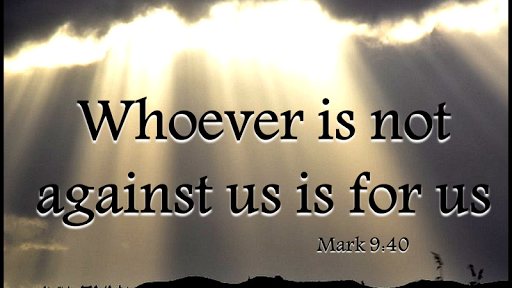
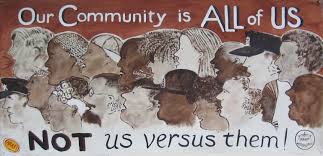




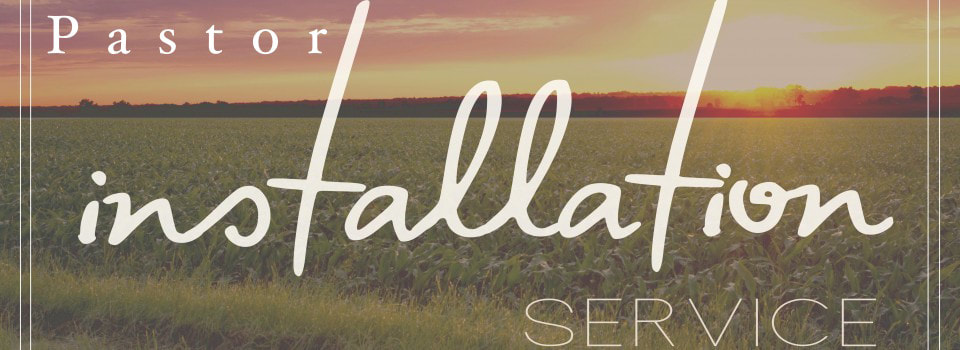
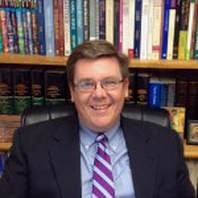
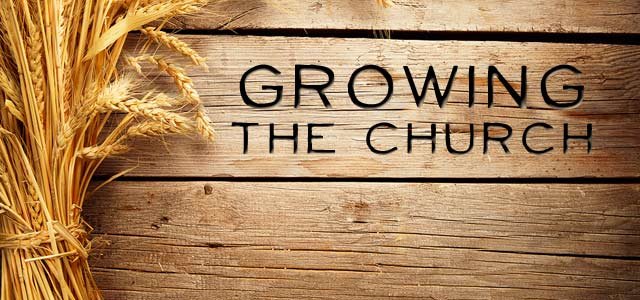
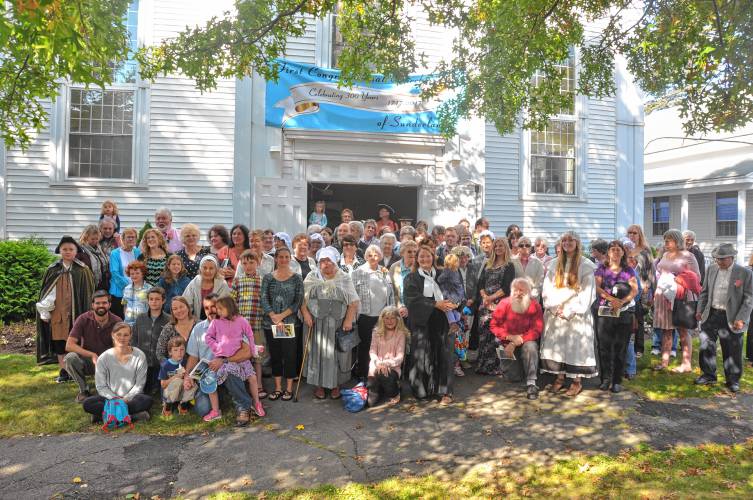
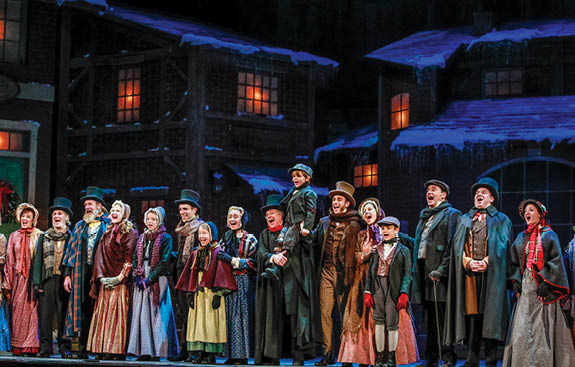
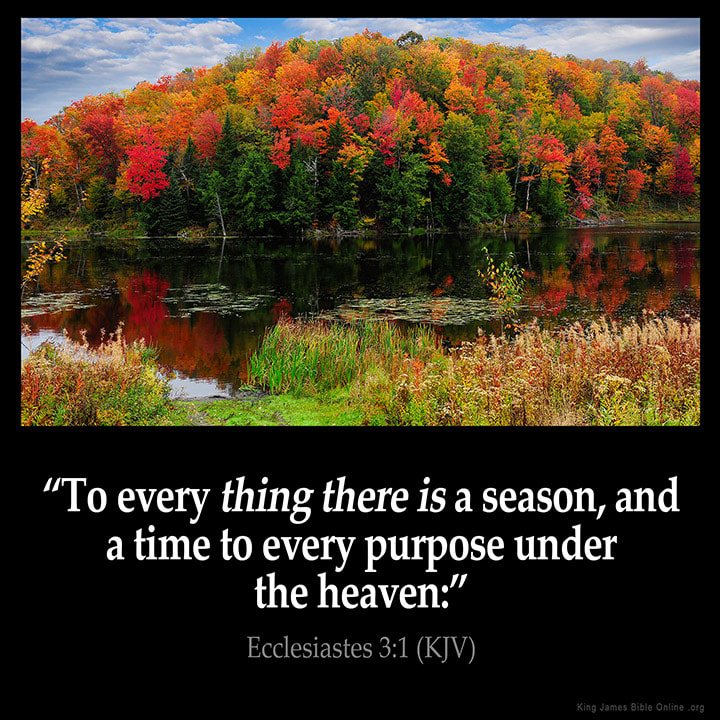
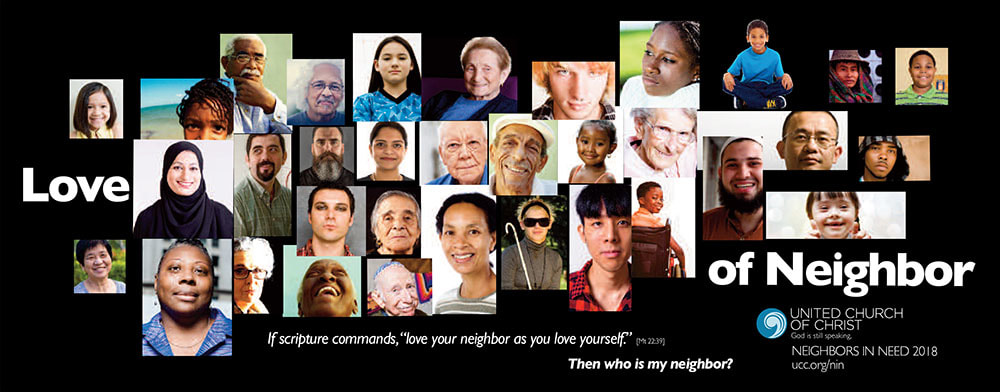
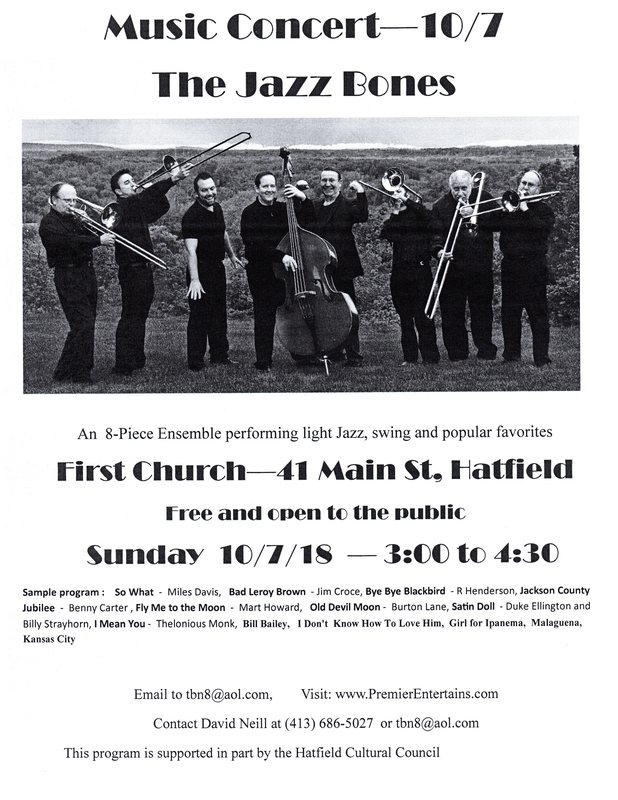
 RSS Feed
RSS Feed
